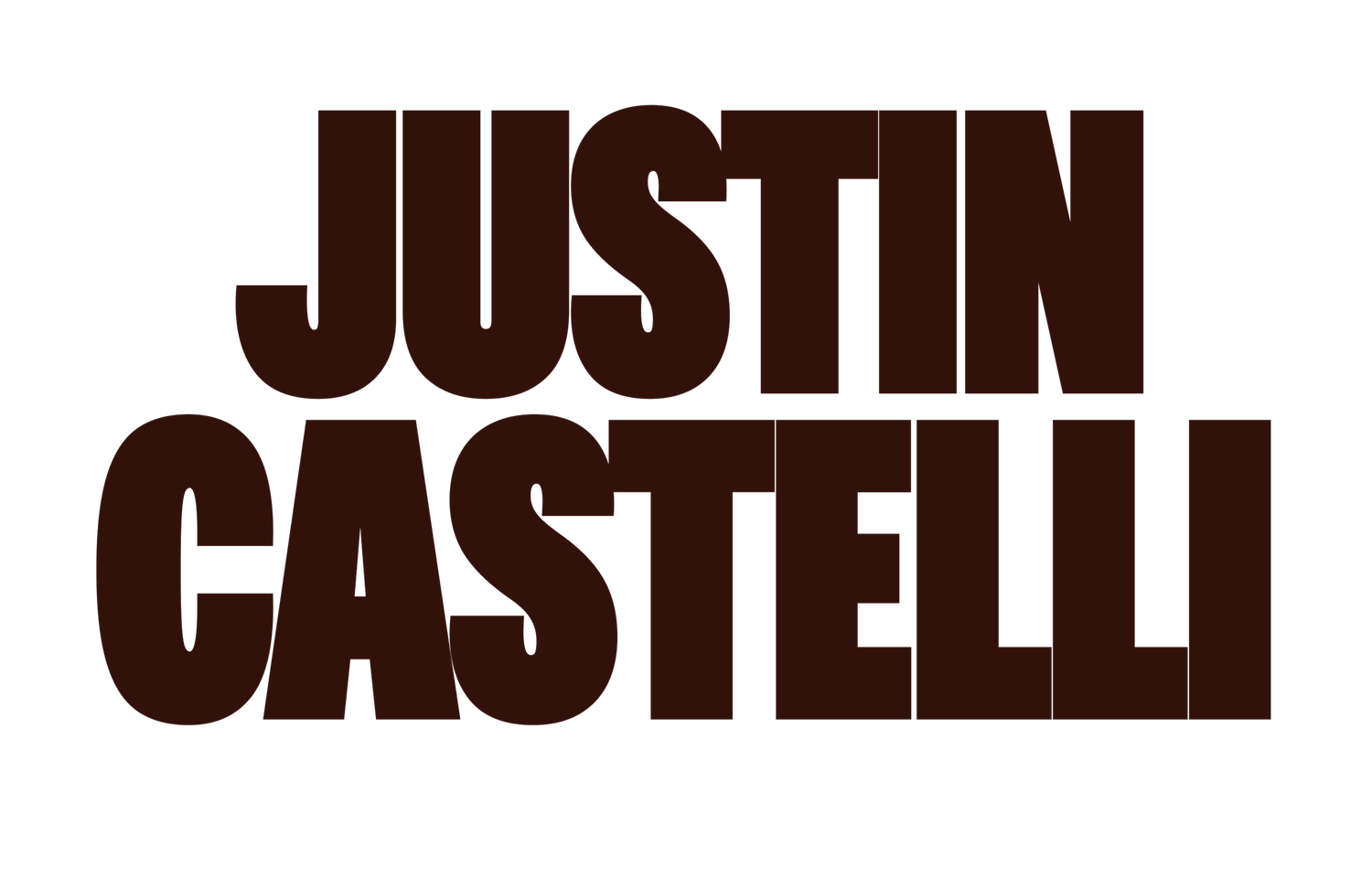the meaning of money
It hit me this morning that I’ve been reading a lot about money lately–not so much about wealth creation but about philosophical beliefs around money and its role in our lives; readings that apply to why money’s importance in the “alignment of spirit, mind, body, and money” and why it isn’t omitted.
On Friday, I lead a book club conversation on Bill Perkins’s Die With Zero in The AGC™. This is a book I purchased years ago, listened to Perkins on a podcast, and never picked the book up–I’m not sure why because the podcast interview didn’t turn me off to Perkins or his book, but that’s just how I remember it happening.
Our discussion covered the first couple of chapters, and it took us to a discussion about the software we use in our financial plans called Monte Carlo simulation, which runs hundreds or thousands of simulations to analyze the strength of a financial plan. Pretty much all financial planning software uses Monte Carlo, as it is one of the few ways we can try to see how future unknown events might impact a financial plan. It’s not perfect, but it at least allows us to test the strength of a plan, have “what-if” conversations, and develop strategies to help ensure clients don’t run out of money.
The industry standard for a “strong” Monte Carlo simulation is 70%, meaning that in the simulations, the client did not run out of money 70% of the time. One of the advisors in the group recalled an old research paper that stated 50% probability of success would actually work and that by having plans of 70% or greater, advisors might actually be helping clients overprepare or “under-live.”
A great discussion around this concept of “under-living” continued, as this idea is in line with Perkins’s concept of dying with zero; every dollar in the account at death is a memory or experience that was missed. Many people pass on significant wealth that may represent trips, parties, purchases, etc., that would have led to a more fulfilled and happy life. Obviously, there’s no guarantee that everyone feels this way in the afterlife, but it’s worth giving more thought to the idea of how much we really need to save throughout our lives and how much more living we might be able to do.
It goes without saying that planning to die with zero is next to impossible since we don’t know when our last breath will be, and the only way I know you how to guarantee you die with zero is to hit it while you’re still alive, which seems like a silly strategy. But, if the conversation with my fellow financial advisors indicates anything, it’s a conversation (and book) worth exploring with your loved ones and financial advisor.
I also started reading Money and The Meaning of Life by Jacob Needleman this weekend, and I was excited to find another book that brings spirituality and money together; I’m only about eighty pages into the book, but it’s becoming one of my favorite books on money because of how it forces the reader to think about how money fits into their life as a spiritual being, not just a human being. I shared this book in this week’s Weekly Note as a recommendation, and I had only read twenty pages then. I haven’t had any major epiphanies about money from reading this book, but I’m sure I will; this will be a book I read a second time this year–it has the feeling of a book that’s going to unlock a major connection between money and the alignment of spirit, mind, and body.
And to bring it all together, last night, I was checking in on LinkedIn, and as I was scrolling down the 50% Monte Carlo study by Michael Kitces showed up in my feed. I know Instagram listens to us and feeds us advertisements based on what we talk about, but I didn’t know LinkedIn did the same–I’m only kidding. I don’t think LinkedIn tailors our feed based on eavesdropping on our conversations. Maybe they do, but I will give synchronicity credit for bringing that study to me just a couple of days after participating in a conversation about it.
You might wonder why I’m sharing all of this in today’s note.
Well, first to process everything and get these connected books and thoughts in one place to see if any new connections arise for me–don’t forget, the Daily Notes are just as much for me as they are for you.
Second, to put a couple of great books on your radar.
Finally, to encourage you to really think about what money means to you and the role it plays in your life and make some adjustments if necessary, to live more, experience more, and make more memories.
I’ve already decided to do something that is not by the financial planning textbook but will make for what I hope will be a memorable family tradition.
See you tomorrow and keep pursuing,
JC
